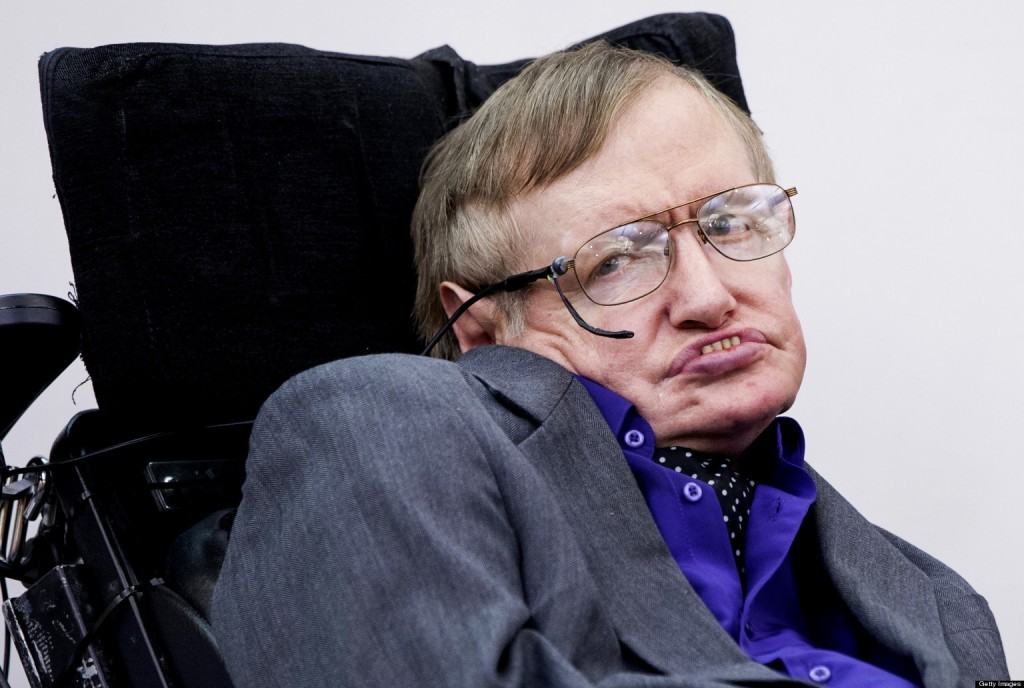Ekim 2015 yılında , Makine Mühendisliğinden yeni mezun iken mekanik ve termal makinaların yapıları gereği yapamayacağı, akıllanamayacağı sadece sensorler ile geliştirebileceği düşüncelerine sahip iken o sırada yayınlanan bir makale de Stephan Hawking’in yapay zekalar üzerine endişelerinden bahsetmiştim. Uzaktan bir endişe idi sanırım benim ki , fakat 2022 yılında başladığım Bilgisayar Programcılığı eğitimim sonrası sinyal işleyen makinaların yani bilgisayarların , dünyasına girdikçe veri bilimi, makine öğrenimi , derin öğrenme ve yapay zeka’ nın yapı taşlarını ve çalışma alanlarını görmem mümkün oldu.
Bu alanda ilk olarak bu alanın dili olan bilgisayar programcılığı derslerimden de olan şuan Python dilini öğrenmekteyim. Okulun son döneminde ise makine öğrenimi diye bir ders alacağım. Fakat bu alanda etkileyici giriş yapmamı sağlayan Matematik ve Yapay Zeka Enstitüsü ve Namık Kemal Üniversitesinde ki Matematik öğretmenim Prof. Dr. Ünver Çiftçi tarafından aldığım NVIDIA tarafından oluşturulmuş derin öğrenmenin temelleri eğitimi oldu. Bu eğitim de makinelerin (sinyal işleyen) nasıl işaret dilini anlayıp yorumlayabildiğini, farklı el yazılarından sayıları nasıl bir bebek iken bizim öğrenebildiğimiz gibi yapay zekanın bunu öğrenebildiği tıpkı Hawking’in kendi zor durumunda düşüncelerine derman olan ve kendini ifade edebilmesini sağlayan yapay zeka ‘ nın aslında faydalı kullanıldığında ne kadar yararlı olabileceğine tanık oldum.
Yapay zeka algoritmalarının insanların tercihlerine yardımcı , karar destek sistemleri olarak kullanılabileceğini, CHAT GPT gibi transformer modeliyle eğitilmiş nasıl hayatımıza hızlı bir şekilde giriş yaptığı ve onun yönlendiricisi olduğu Dall-E gibi grafikler oluşturabilerek de nasıl farklı alanlarda bize ürünler sunabildiği de bir gerçek.
Bu alanda bir diğer eğitimimi de Kodluyoruz.org ve Microsoft işbirliği ile düzenlenen Yazılıma İlk Adım: Veri Bilimi eğitimini bu bitirme makalesi ile tamamlayarak yaptım. Bu eğitimde Python dilinin temellerini ve veri biliminin temellerini öğrendim.

Yapay zeka çalışması daha önce derin öğrenmede öğrendiğim gibi, makine öğrenmesi çalışmaları;
* Pekiştirmeli – Takviye edici öğrenme şeklinde olur.
Çağımız teknolojisinin bu heyecan verici alanı Yapay Zeka Alanında araştırmalar ve çalışmalar yapabilmek için heyecanımı koruyorum benim gibi nacizane bir şekilde bu alanda çalışmak isteyenlere yol göstericisi olması açısından bu blog yazısını yayınlıyorum.
